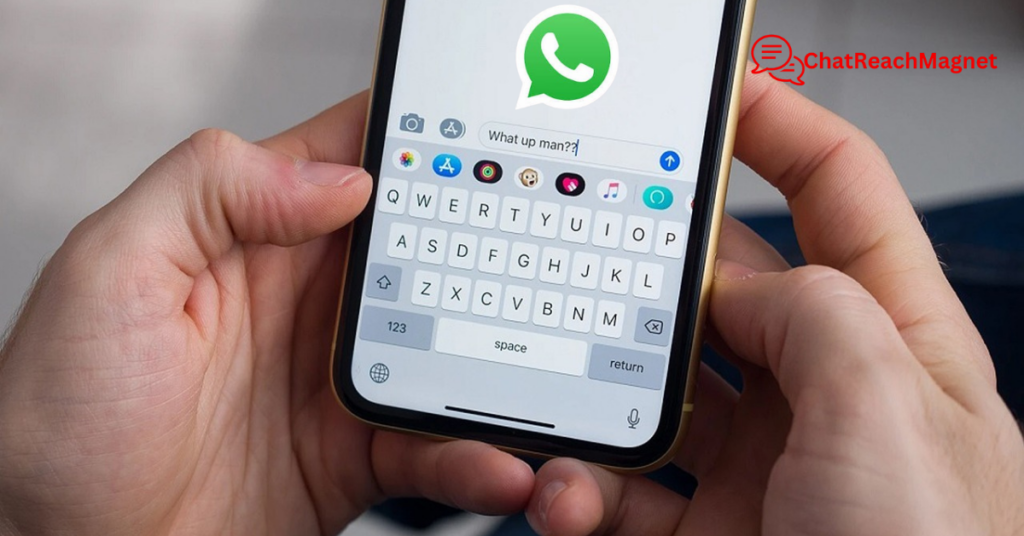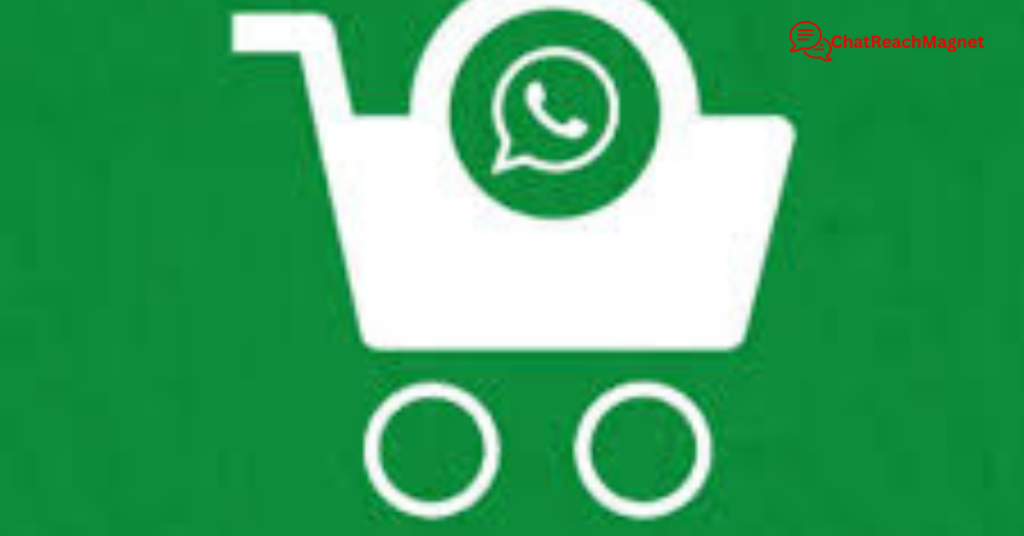Essential WhatsApp Business Terms and Policies Every Marketer Needs to Know for Compliance
WhatsApp Business has become an important tool for businesses and marketers around the world, providing a seamless way to connect with customers and build relationships.
However, when using WhatsApp Business as a marketing tool, it’s essential to be familiar with the platform’s terms and policies to ensure compliance and avoid legal pitfalls.
As a marketer, understanding these terms will help you avoid violations that could lead to account suspension or legal issues.
In this post, we’ll dive into the key WhatsApp Business terms and conditions you need to know to operate effectively and lawfully.
This includes WhatsApp Business’s Terms of Service, Messaging Policy, Data Processing Terms, and several other important guidelines.
WhatsApp Business Terms of Service
The WhatsApp Business Terms of Service outline the legal relationship between WhatsApp and the business using the platform. These terms govern how businesses can use the WhatsApp Business App and API.
Key Points:
Age Requirement: The minimum age to use WhatsApp Business is 16 years in most countries, but this may vary depending on local regulations.
License: WhatsApp grants businesses a limited, non-exclusive license to use the service. This means you cannot modify, reverse engineer, or sell the software.
Service Limitations: WhatsApp reserves the right to limit or remove access to the service for any business that violates the terms, such as using the app for illegal activities, spamming, or infringing intellectual property.
No Spam: Marketers are prohibited from sending spam, unauthorized marketing messages, or using WhatsApp for phishing schemes.
Termination: WhatsApp can suspend or terminate your account without prior notice if they detect violations of the terms.
WhatsApp Business Messaging Policy

The WhatsApp Business Messaging Policy establishes clear guidelines on how businesses should interact with customers via messages. Marketers need to adhere to these policies to maintain high standards of customer communication.
Key Points:
User Consent: Before sending messages, marketers must obtain explicit consent from recipients. This ensures that customers are not subjected to unsolicited messages.
Timeliness: Messages should be timely and relevant. WhatsApp recommends businesses respond to messages within a 24-hour window.
Message Templates: Businesses can use message templates for automated replies, but these must be approved by WhatsApp to ensure compliance.
No Cold Messaging: Cold messages or unsolicited sales messages are strictly prohibited. Businesses can only message users who have initiated contact or opted in to receive messages.
WhatsApp Messaging Guidelines
The WhatsApp Messaging Guidelines provide further details on the type of content businesses can and cannot send through the platform. These guidelines are designed to maintain the integrity of the service and protect users from unwanted or harmful content.
Key Points:
Content Restrictions: Marketers are prohibited from sending messages that contain harmful, abusive, or illegal content. This includes hate speech, explicit content, and content that promotes violence.
Prohibited Business Categories: Certain industries are restricted or prohibited from using WhatsApp Business for marketing. For example, businesses involved in gambling, alcohol, tobacco, or adult entertainment may not be allowed to use the service.
Quality Ratings: WhatsApp uses a quality rating system to monitor business interactions with users. Poor-quality interactions, such as frequent reports of spam or blocked messages, can result in a lower rating, leading to temporary or permanent restrictions.
WhatsApp Business Data Processing Terms

The WhatsApp Business Data Processing Terms address how WhatsApp processes the data shared by businesses and their customers. Understanding this is crucial for marketers who handle sensitive customer information.
Key Points:
Data Control: WhatsApp acts as a data processor while the business is the data controller. This means businesses are responsible for ensuring that their collection and processing of data complies with applicable data protection laws, such as the General Data Protection Regulation (GDPR) in Europe.
Purpose Limitation: Data collected via WhatsApp can only be used for the purpose for which it was intended. Businesses must be transparent with their customers about how their data will be used.
Data Retention: WhatsApp retains data for a limited period to provide services, but businesses must ensure they have proper procedures for data retention and deletion in place.
WhatsApp Business Data Transfer Addendum
The WhatsApp Business Data Transfer Addendum is particularly relevant for businesses that transfer data outside the European Economic Area (EEA). This addendum ensures compliance with international data transfer regulations, such as GDPR.
Key Points:
Data Transfer Mechanisms: If your business transfers data outside of the EEA, you must implement approved data transfer mechanisms, such as Standard Contractual Clauses (SCCs), to ensure the data is protected at the same level as within the EEA.
Third-Party Transfers: Businesses must ensure that any third parties they work with, such as marketing agencies or analytics providers, also comply with these data transfer rules.
WhatsApp Business Data Security Terms
The WhatsApp Business Data Security Terms outline the security measures that businesses must take to protect customer data and maintain trust.
Key Points:
Encryption: WhatsApp uses end-to-end encryption for all messages, ensuring that only the sender and recipient can read the message content. However, marketers must also implement additional security measures, such as secure storage of customer data.
Incident Response: Businesses are required to have a security incident response plan in place in case of data breaches or cyberattacks. This includes promptly notifying affected customers and relevant authorities.
Compliance Audits: WhatsApp may conduct audits to ensure businesses are complying with the data security terms.
Intellectual Property Policy
The Intellectual Property Policy is essential for marketers who use WhatsApp Business to share content, such as logos, images, and other creative assets.
Key Points:
Respecting Copyright: Marketers must ensure that any content shared on WhatsApp does not infringe on the intellectual property rights of others. This includes using licensed images, music, and videos.
WhatsApp’s IP Rights: WhatsApp owns the rights to its trademarks, logos and brand identity. Businesses are not allowed to use WhatsApp branding without prior permission.
Reporting Violations: If a marketer believes their intellectual property rights have been violated on WhatsApp, they can submit a report to have the infringing content removed.
WhatsApp Merchant Terms of Service

For marketers involved in e-commerce or who sell products directly through WhatsApp, the WhatsApp Merchant Terms of Service govern how transactions and commerce should be conducted on the platform.
Key Points:
Product Listings: Businesses can list products for sale through WhatsApp, but they must comply with local and international commerce laws. Products that are illegal or restricted in certain regions cannot be sold through the platform.
Payment Systems: WhatsApp allows businesses to integrate third-party payment systems for transactions. However, businesses are responsible for ensuring the security of these transactions and resolving any disputes with customers.
Customer Refunds: Businesses must establish clear refund and return policies, as WhatsApp does not facilitate refunds directly.
WhatsApp Brand Guidelines
The WhatsApp Brand Guidelines set the standards for how businesses can use WhatsApp’s branding and logos in their marketing materials. Marketers who want to leverage the WhatsApp name in campaigns must adhere strictly to these guidelines.
Key Points:
Approved Use: Businesses can use WhatsApp’s branding only with explicit permission from WhatsApp. This includes the use of logos in advertisements or promotional content.
Brand Representation: WhatsApp’s logo and name must be used in a way that is not misleading and does not imply endorsement by WhatsApp unless such endorsement exists.
Modifications: Altering WhatsApp’s logos, icons, or other brand elements in any way is prohibited.
WhatsApp Channels Supplemental Business Terms of Service
The WhatsApp Channels Supplemental Business Terms of Service are applicable to businesses that use WhatsApp’s new Channels feature to broadcast messages to a wide audience. This is particularly relevant for marketers who wish to leverage WhatsApp Channels for mass communication.
Key Points:
Channel Creation: Businesses can create channels to broadcast updates to customers, but they must ensure that they are not spamming users. Channels should only be used to share valuable content that the audience has opted into receiving.
Channel Subscribers: Only users who subscribe to a channel can receive messages. Marketers must avoid forcing users into subscribing without their consent.
Content Compliance: The content shared through Channels must comply with WhatsApp’s overall messaging policies, meaning no harmful, abusive, or illegal content is permitted.
Conclusion
As a marketer using WhatsApp Business, compliance with the platform’s terms and conditions is essential for success. Understanding the WhatsApp Business Terms of Service, Messaging Policy, and other important guidelines not only protects your business but also ensures that your customers receive quality and lawful interactions.
By adhering to these terms, you can effectively leverage WhatsApp Business as a powerful marketing tool while maintaining trust and credibility with your audience. Always stay updated with any changes in these policies, as WhatsApp regularly reviews and updates its terms to keep up with evolving legal standards and user expectations.

